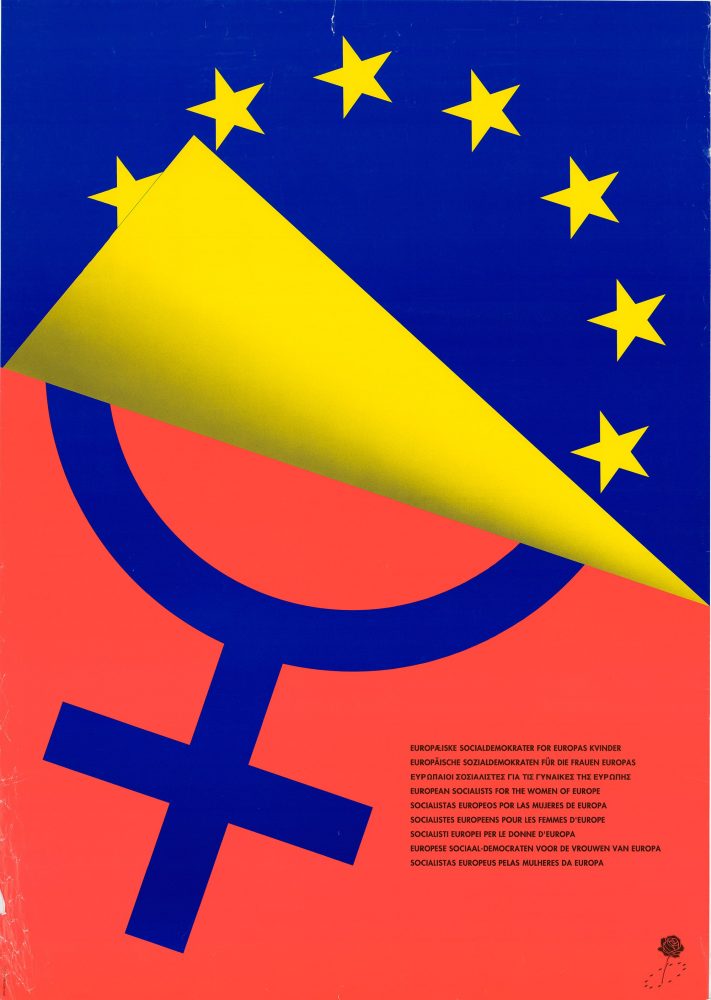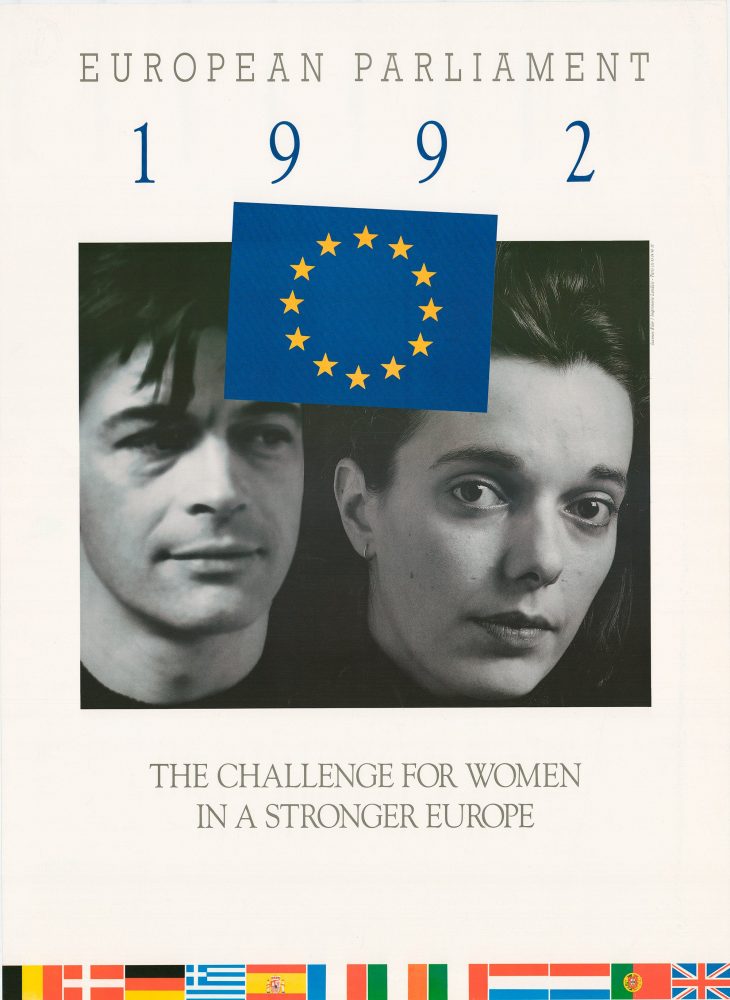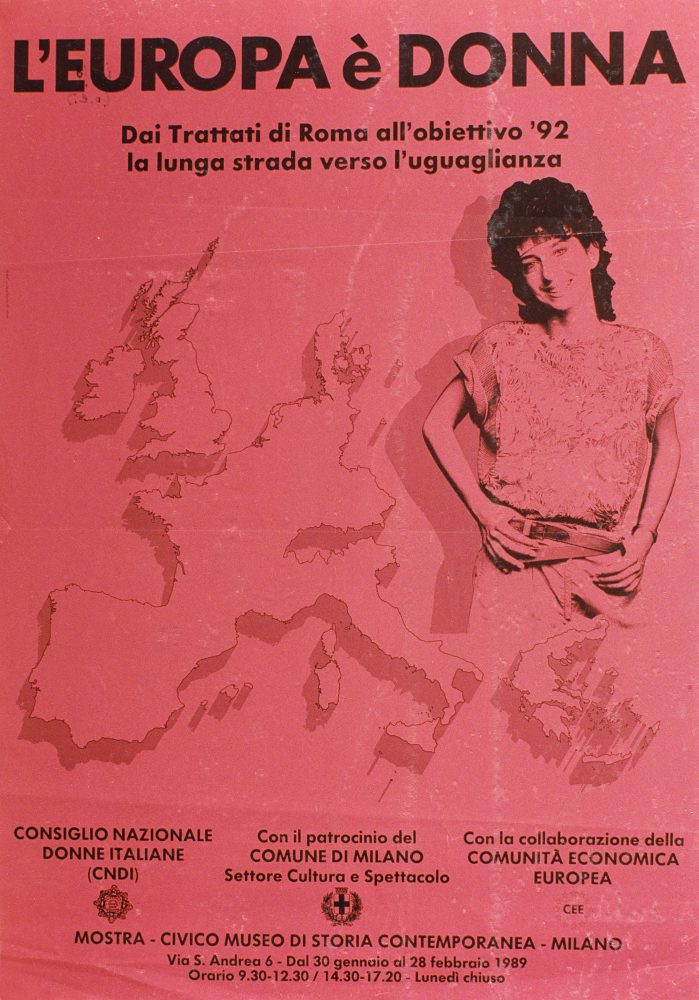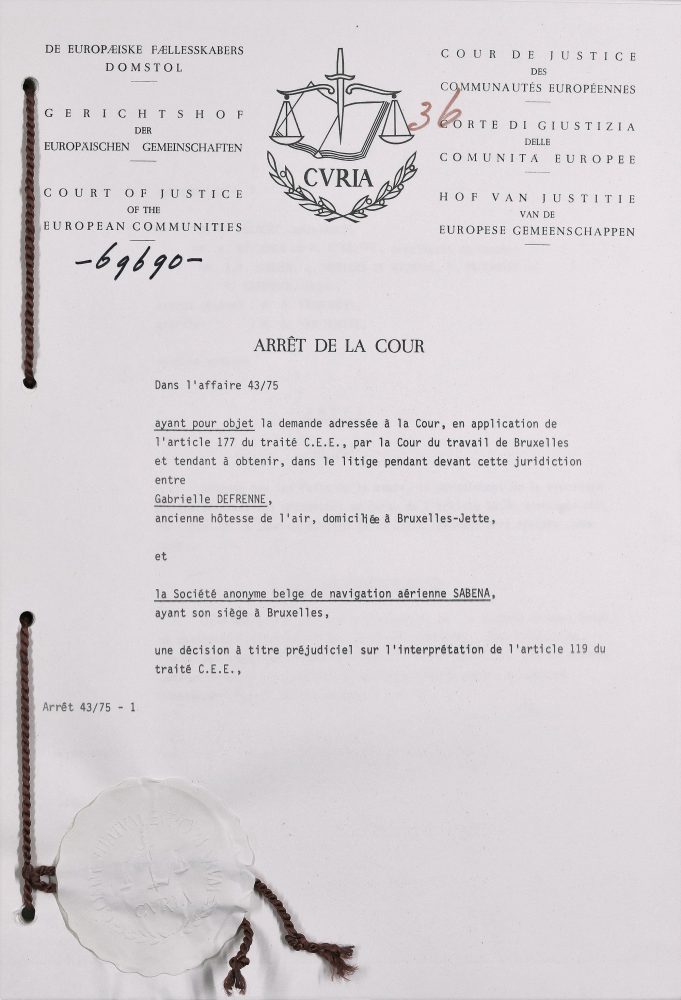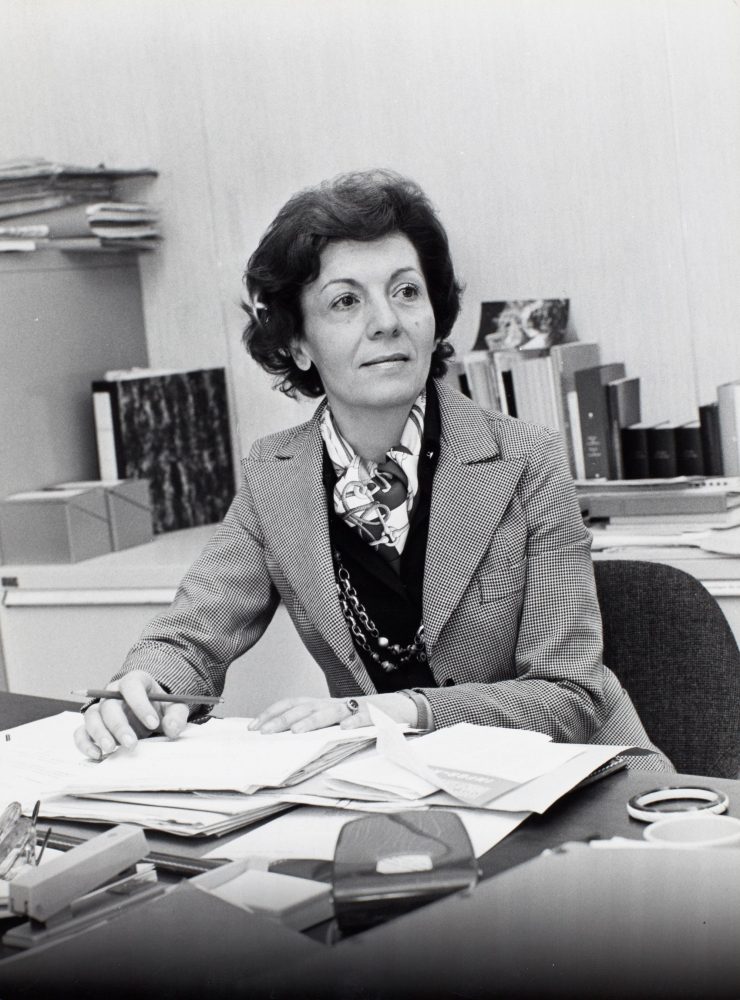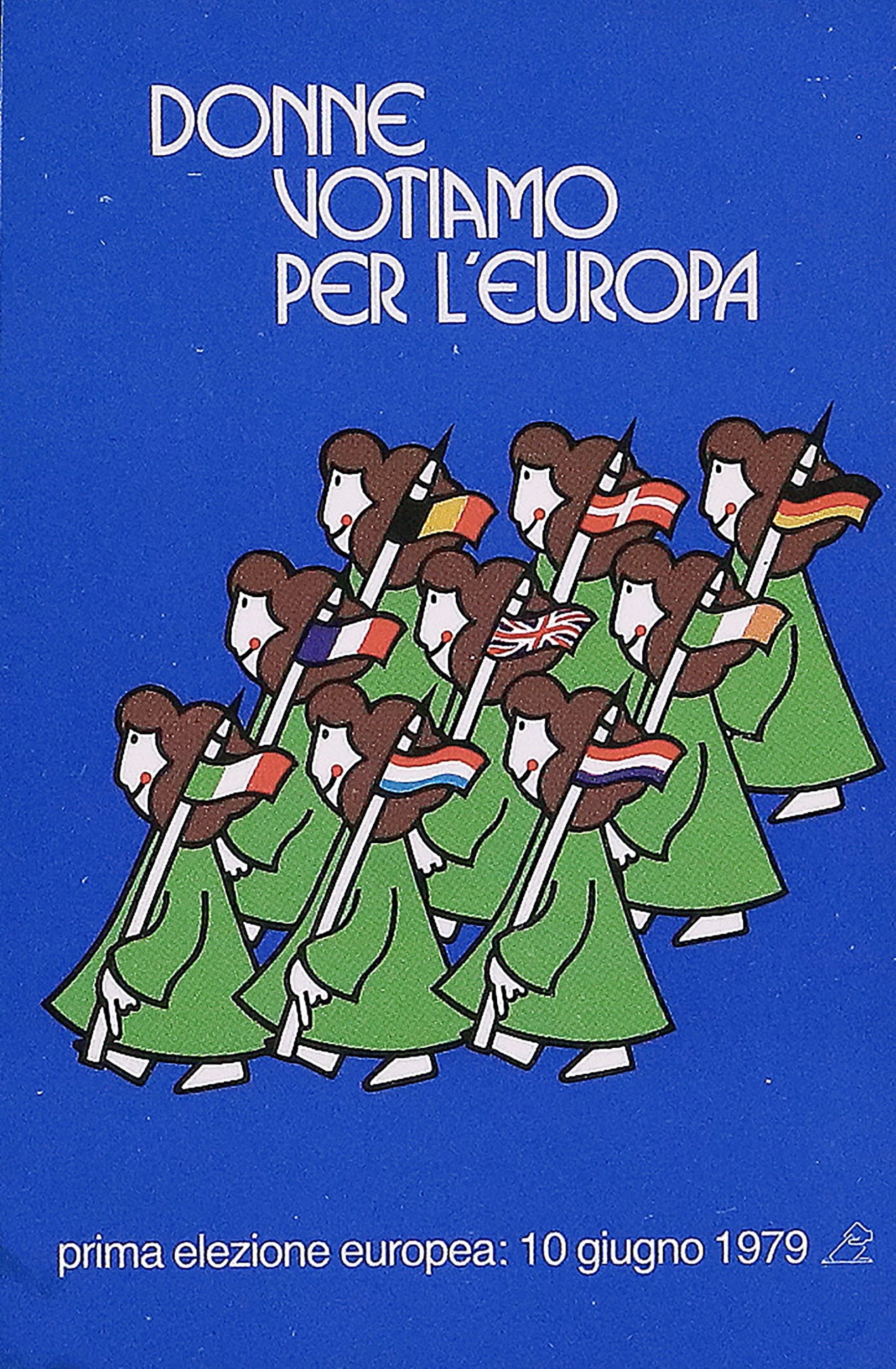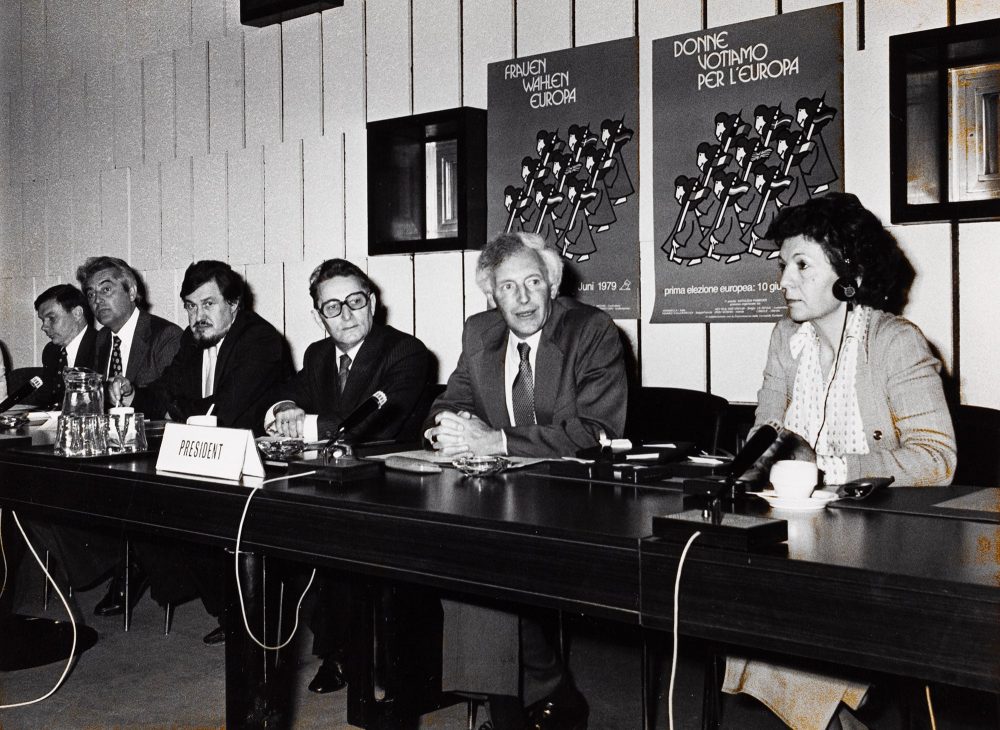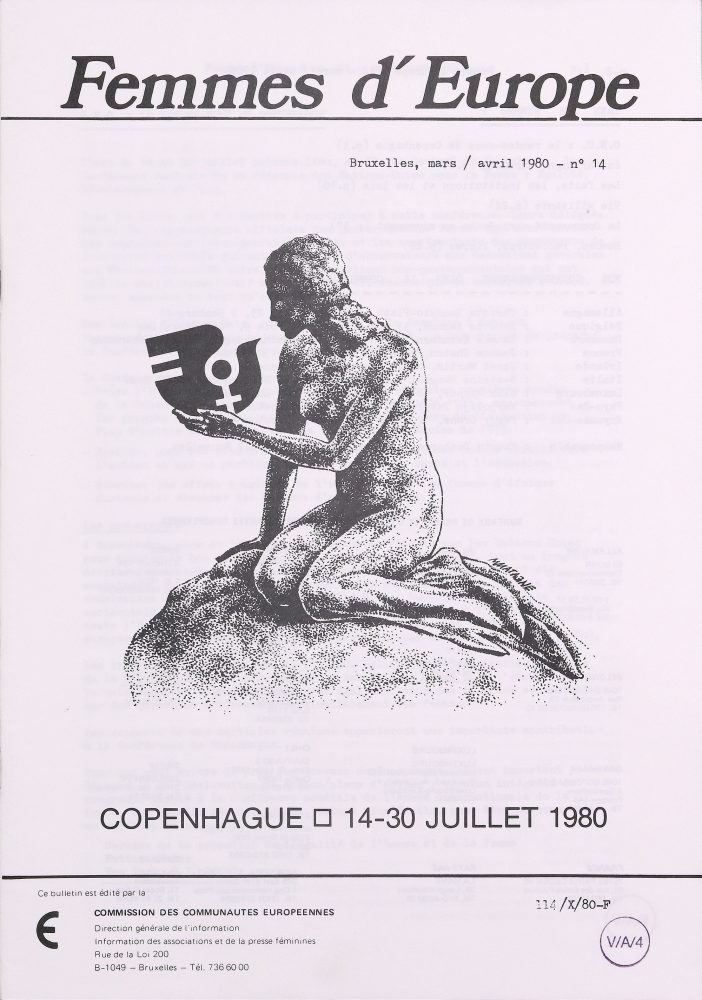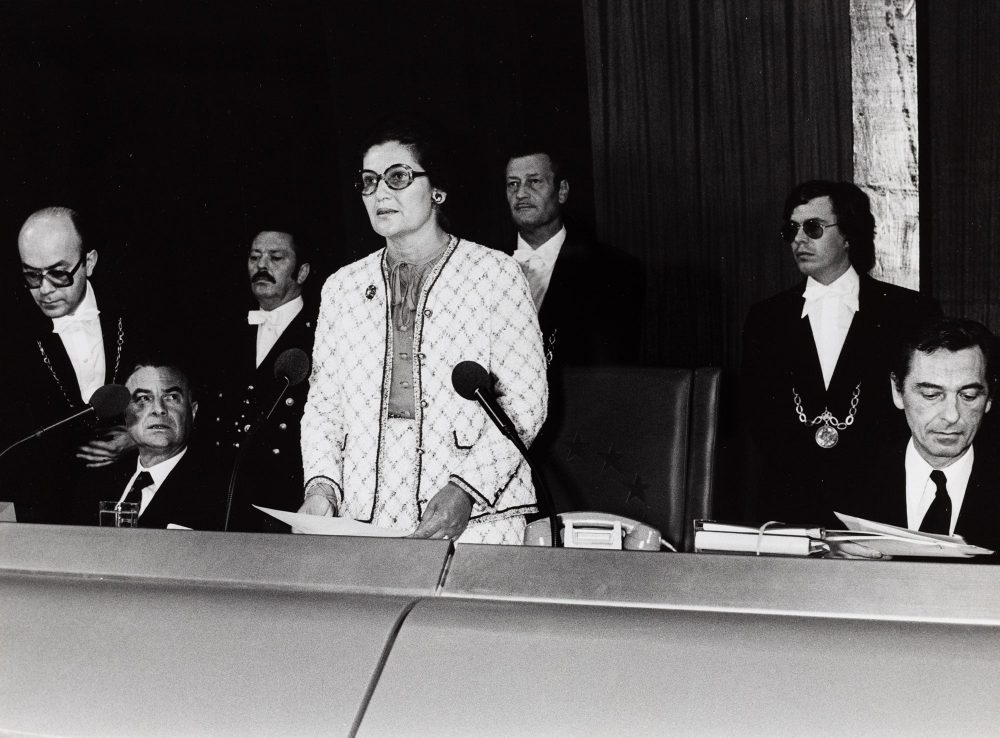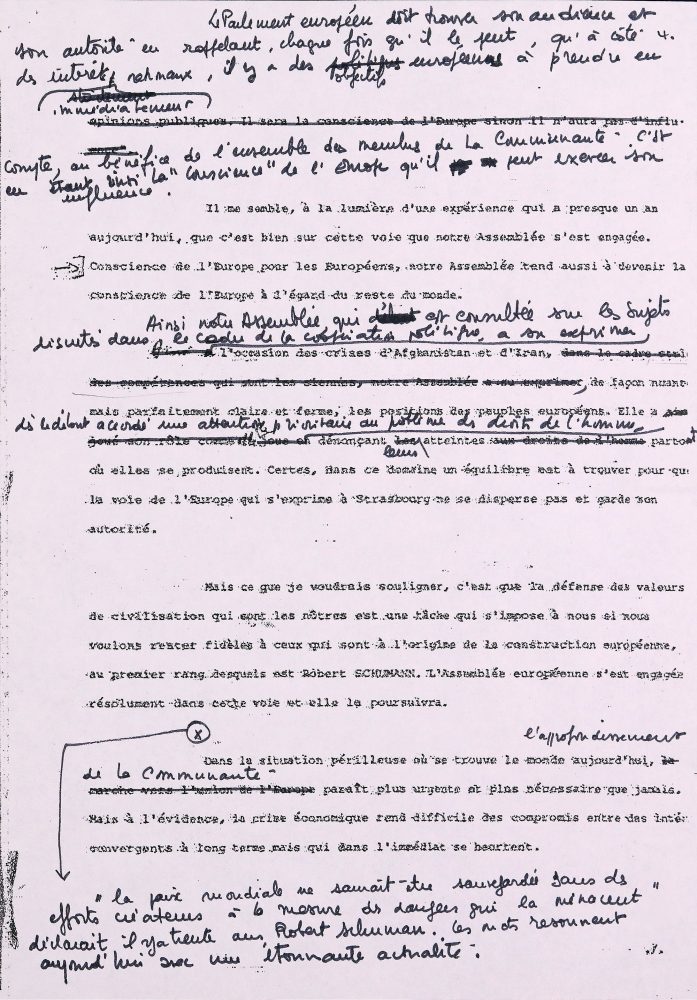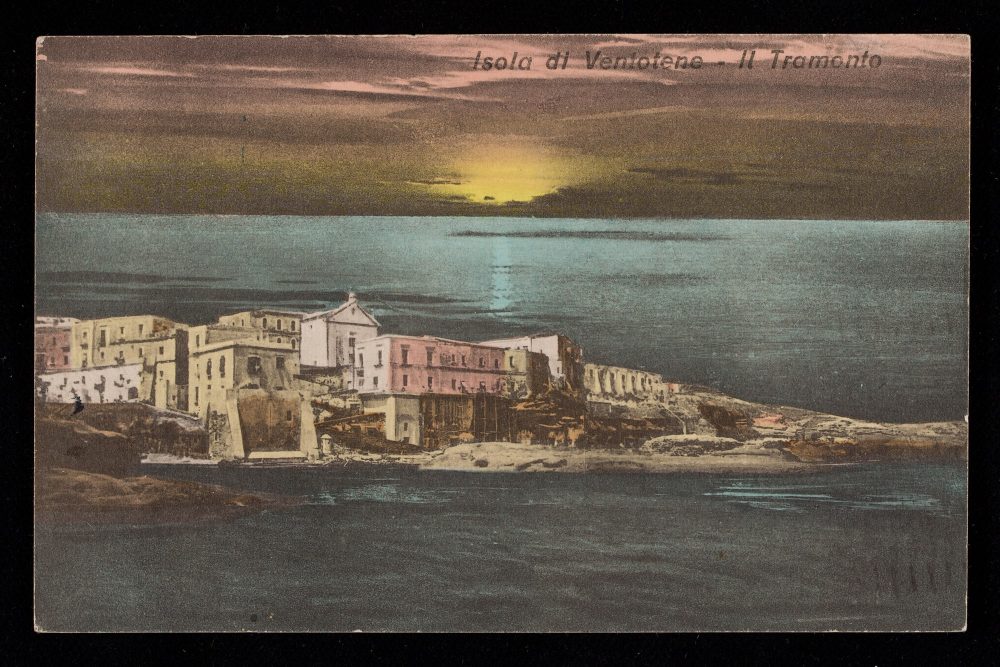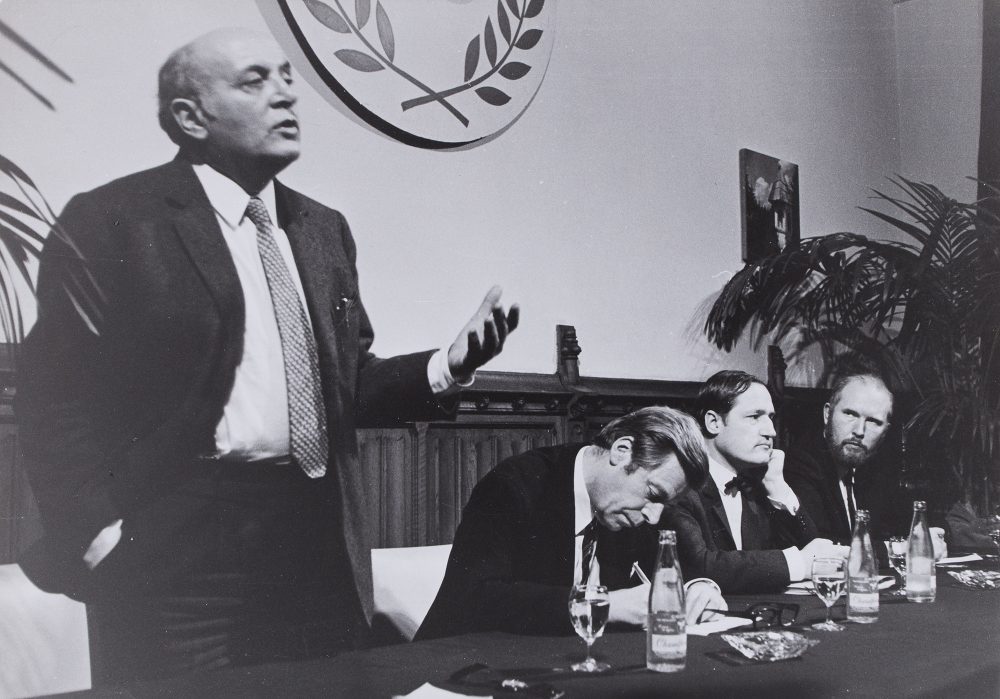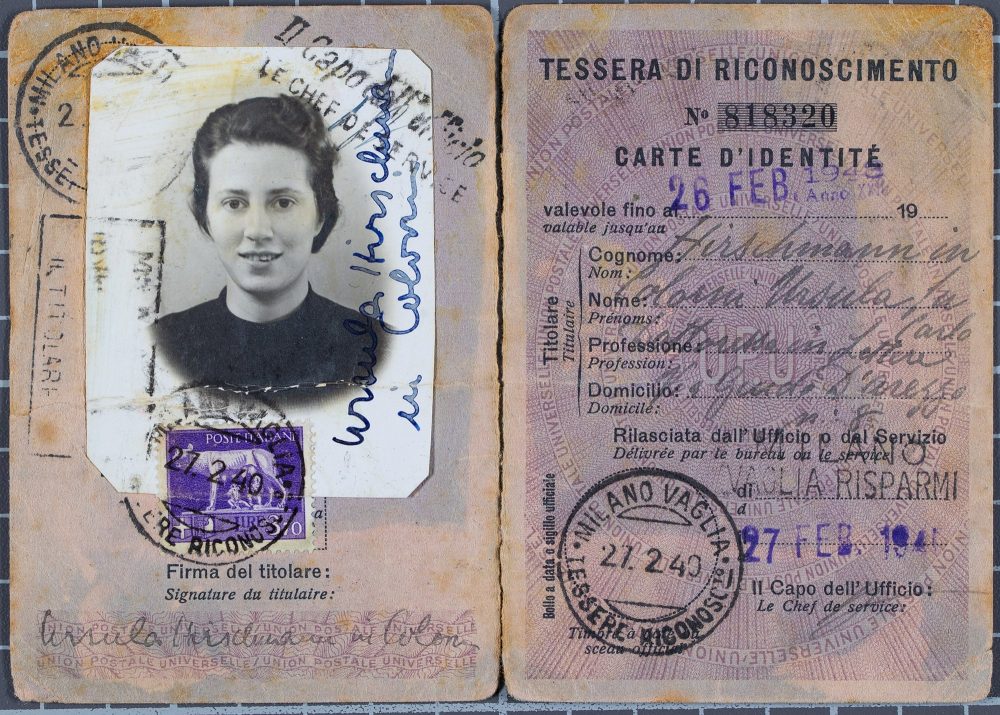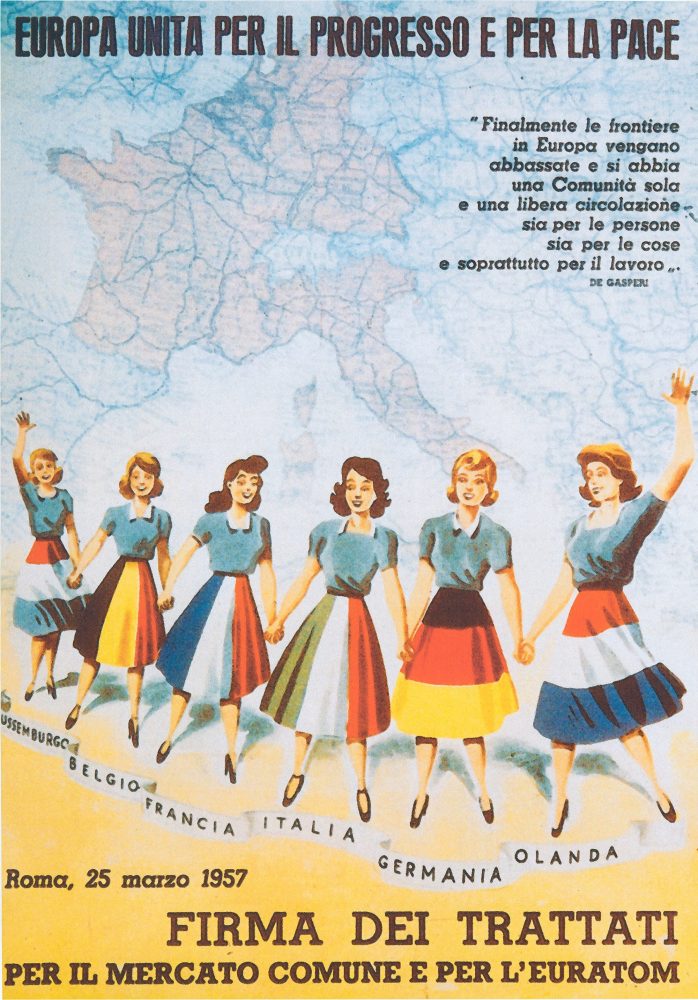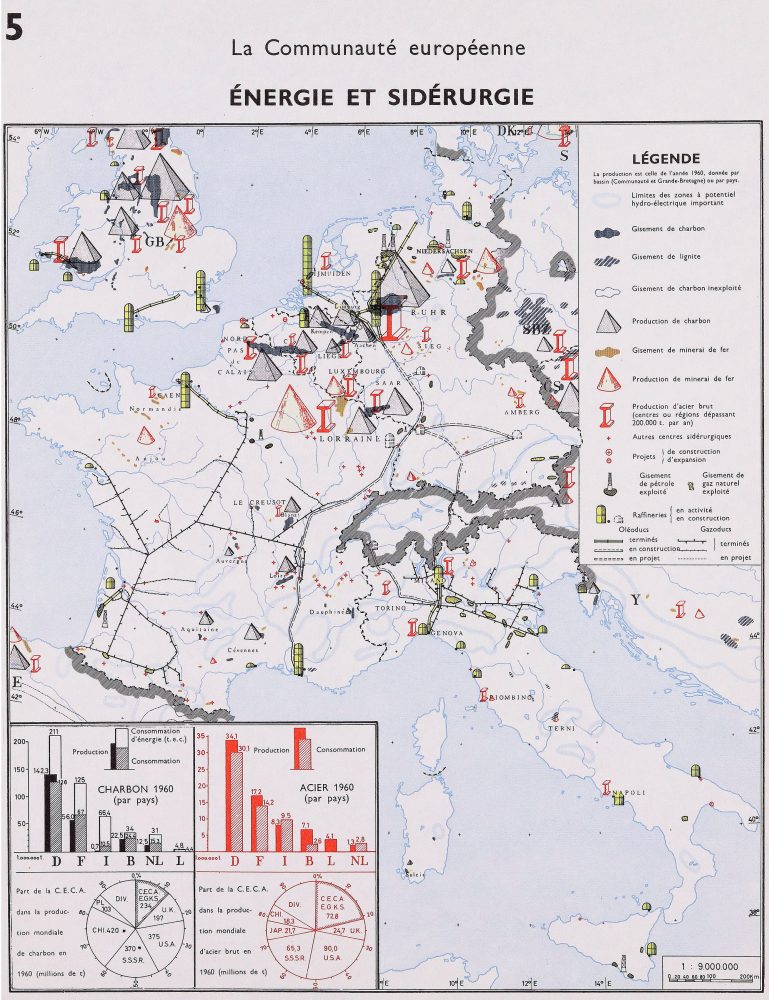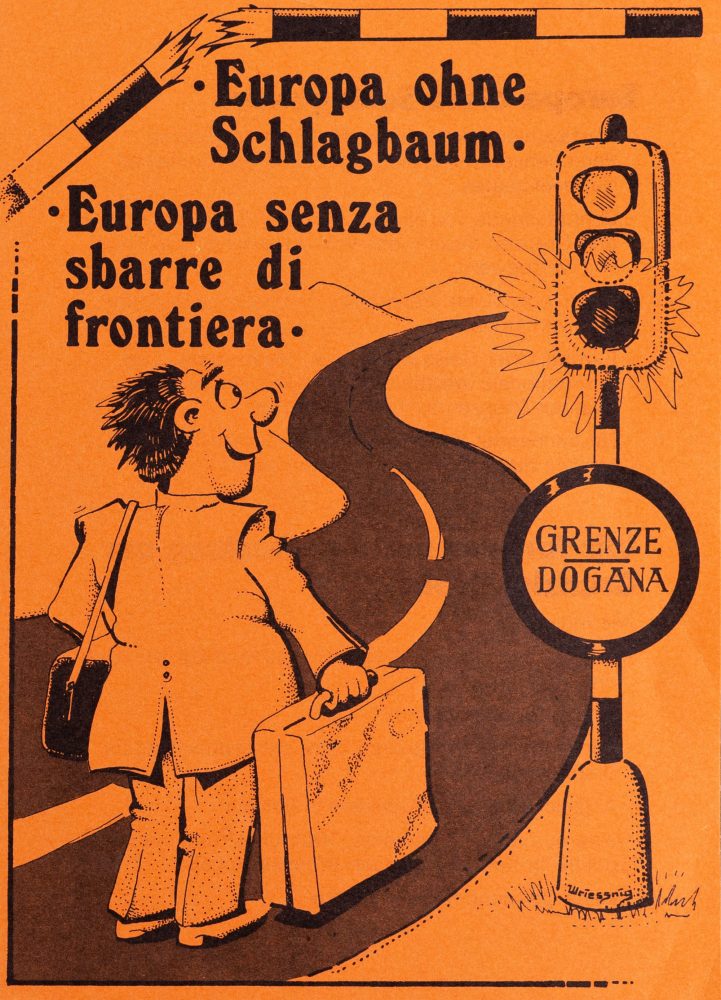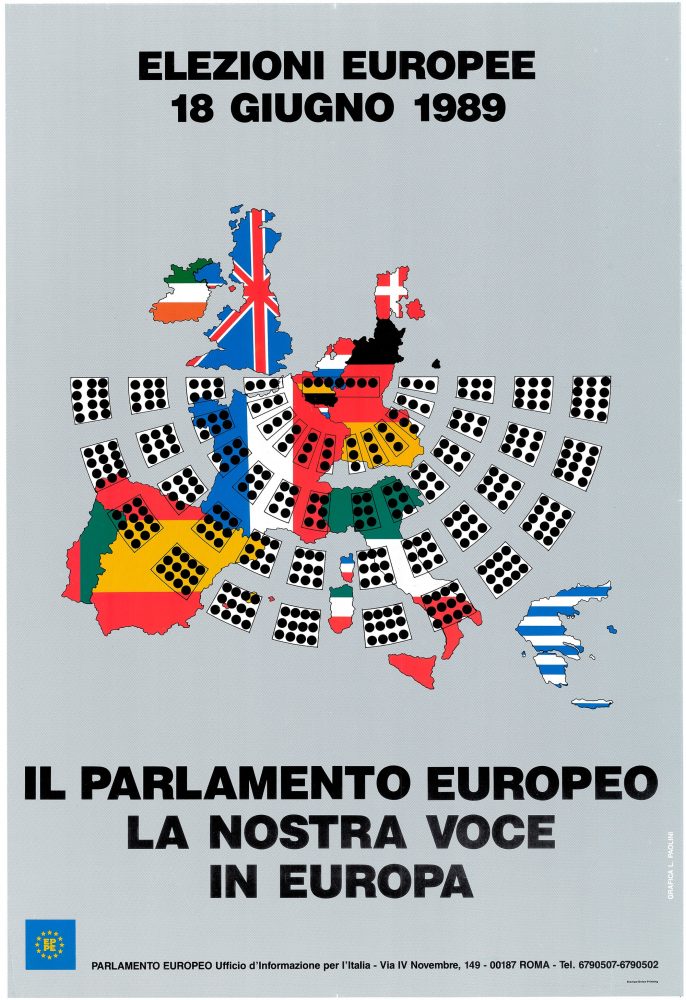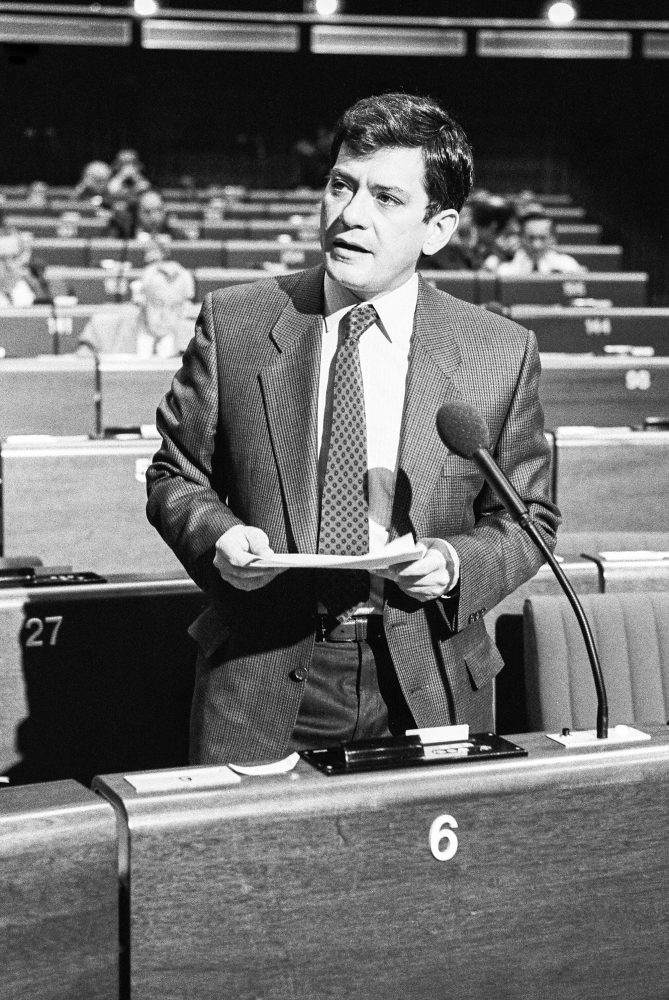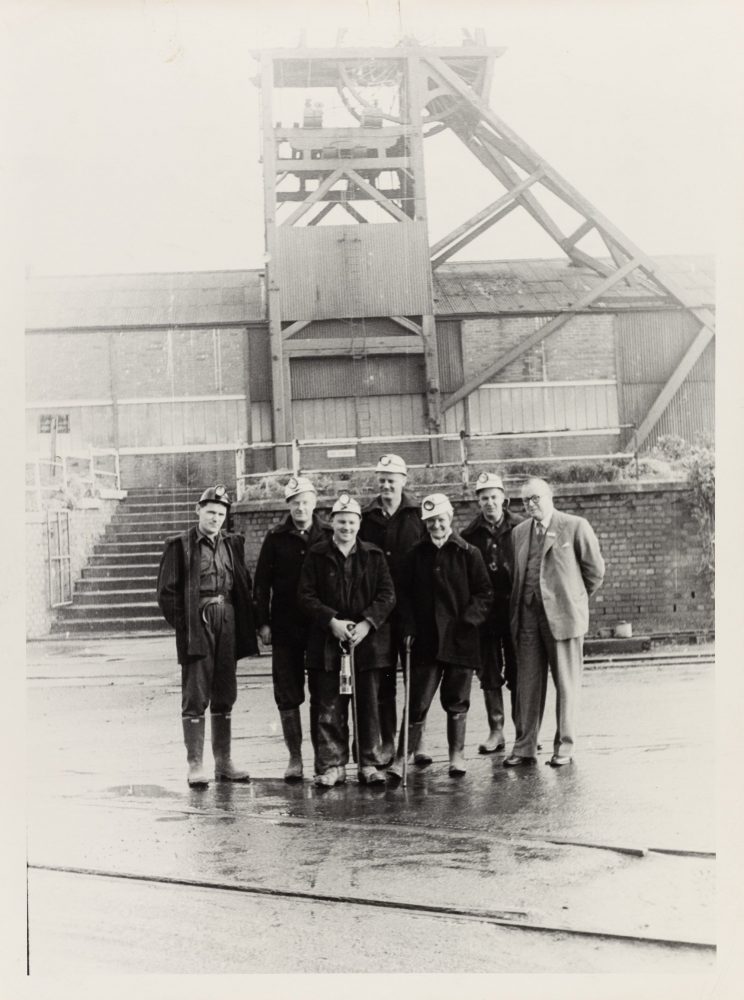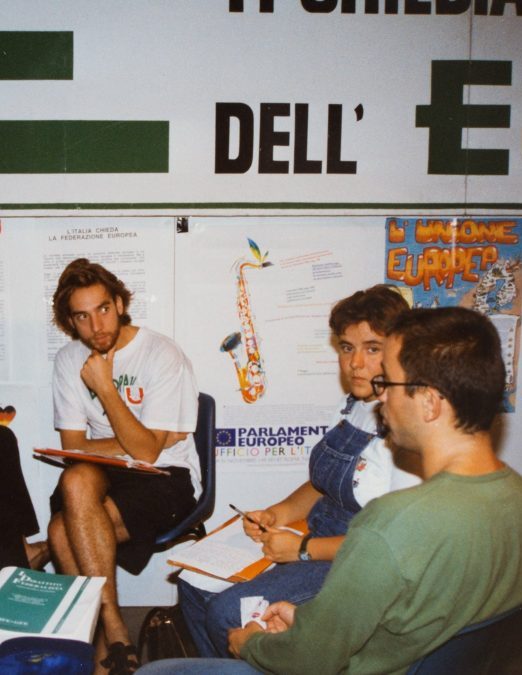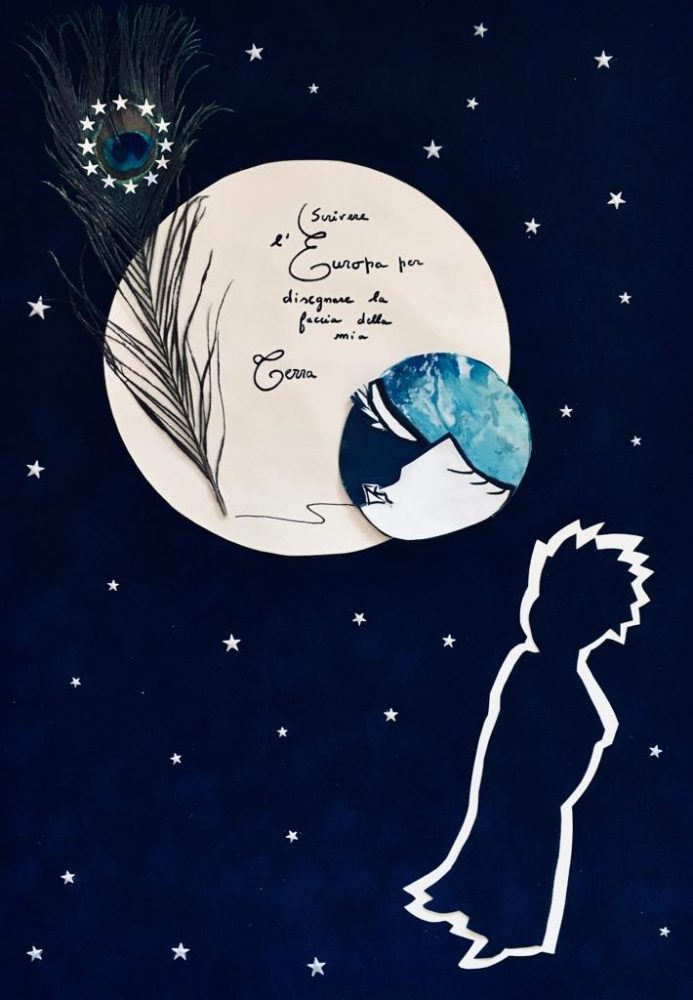Women
Gender equality is one of the defining issues of the last few decades, and a measure of quality of a democratic society. European institutions played a significant role in promoting an equal treatment of men and women in the workforce, and gender balance in decision-making. Far from being completely achieved, the full equality of rights and opportunities for men and women still represents a challenge for European governments and societies.
Women for Equal Rights in Europe
In 1976, the seminal ruling of the Court of Justice of the European Communities Defrenne v Sabena established that the principle of equal pay should have direct effect in the legal order of Member States.
Jacqueline Nonon (FR)
European Commission official 1958-1980. HAEU, INT 226
Fausta Deshormes La Valle: European activist for Women’s Rights
Fausta Deshormes La Valle (Naples 1927-Rome 2013) was a journalist engaged with European issues. In 1976 she was appointed Head of the “Women’s Information Office” set up by the European Commission. She organised many initiatives to involve women in the debate on gender equality and European integration.
“Because it’s true, we lived in a vacuum, nobody was dealing with us but that was our strength. Just as it was when I took charge of the women’s information service.”
Transcript of the interview, translated from French
Simone Veil: a female leader for the European Parliament
Simone Veil (Nice 1927-Paris 2017) was a French lawyer and politician, Minister of Health and member of the Constitutional Council in France. Survivor of the Auschwitz-Birkenau concentration camp, she was elected on July 17, 1979 President of the European Parliament, the first to be directly elected.
Ursula Hirschmann: from Ventotene to Europe
Ursula Hirschmann (Berlin 1913-Rome 1991) was an activist, militant anti-fascist and supporter of European federalism. She promoted the clandestine circulation of the Ventotene Manifesto during the war and organized the first meeting of the European Federalist Movement in 1943. In the 1970s, she was involved in the launch of the group “Femmes pour l’Europe”.
We, the uprooted of Europe who “changed our country more often than our shoes” – as Brecht, representative of the uprooted, stated – we, too, do not have anything else to lose but our chains in a united Europe, and that is the reason why we are federalists.
Ursula Hirschmann, Noi senzapatria, Il Mulino 1993, translated from Italian.

